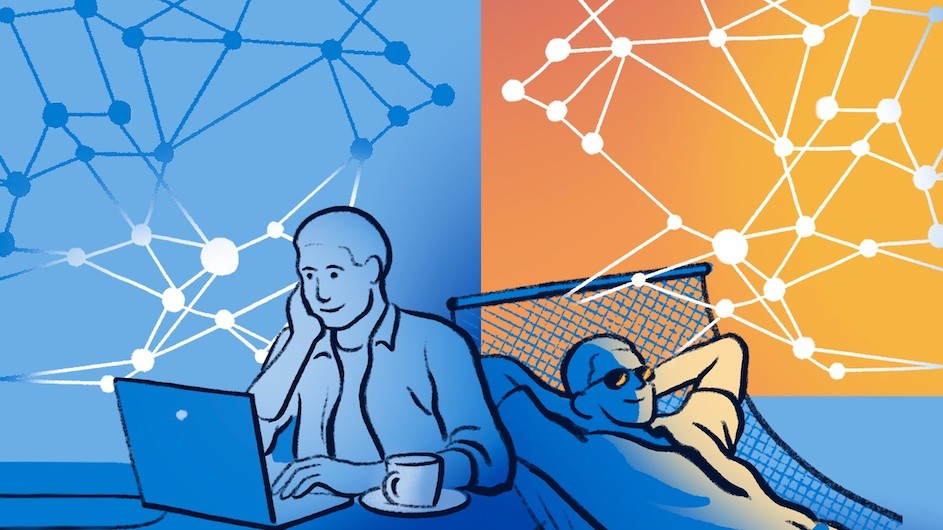For memories to stick, it may sometimes be better not to consciously recollect them. That’s the counterintuitive finding of a new study led by researchers including Psychology Professor Lila Davachi and former Columbia postdoctoral researcher Amir Tal.
The study was published this week in the journal Proceedings of the National Academy of Sciences.
The study’s main task had subjects memorize associations between an adjective and an image card with an object at a particular location (for example, subjects memorized the adjective-noun-location pairing of the word “scared,” alongside an image of a banana at the top right of an image card). Study subjects were shown a variety of adjective, noun, and location combinations.
Participants were then offered a short break, and when they returned they were shown some of the adjectives, to remind them of associations they had just learned. In some cases, the adjectives were shown for long enough that subjects could consciously register them. In other cases, they were flashed across a screen so quickly that they could only be unconsciously registered.
The researchers found that these reminders had an effect on subsequent memory.
Importantly, there were some surprising benefits for being reminded of the associations in an unconscious manner. When the word “scared,” for example, was clearly visible to subjects, it triggered a known phenomenon in memory called retrieval-induced forgetting. Memory of the banana’s location improved, as you would expect a reminder to do, but memory of the location of other fruit objects (e.g., the location subjects learned for a strawberry) grew worse. This seems to indicate that when a memory is consciously retrieved, there is a competitive winner-takes-all process going on: One memory grows stronger, while others weaken.
Unconscious reminders seemed to be better “team players.” When the adjective “scared” was shown so quickly it could not be consciously registered, for example, participants actually started to place other fruits closer to where the banana had appeared on the image card, rather than placing them at random locations around the image card.
These surprising results may help explain why the transformation of memories to long-term storage happens when we are sleeping or in idle rest. Our brain “waits” for a time when there’s nothing pressing to deal with to do some memory housekeeping behind the scenes. In those times, there is little policing of activations in the brain. While we are asleep or daydreaming, new memories are replayed and then linked with related memories in long-term storage. Our conscious brain, on the other hand, is a problem solver; it wants one memory at any given time, and it suppresses the rest. So for this kind of delicate work, in which multiple bits of information need to be active in parallel, it may be better to leave consciousness and its suppressive effects out of it.
“This research offers a new understanding of why the transfer of new experiences into long-term memory occurs predominantly when our brains are either asleep or daydreaming,” said Amir Tal, a co-author on the paper, “and no less important—demonstrates something important that unconscious processing is actually better at than conscious processing.”

